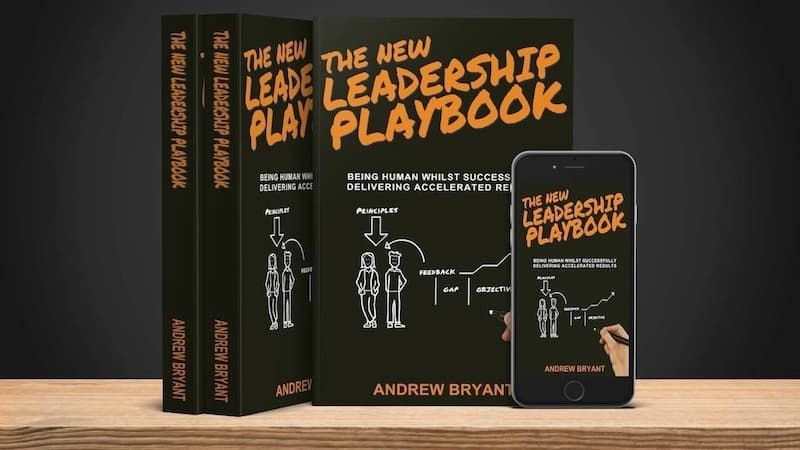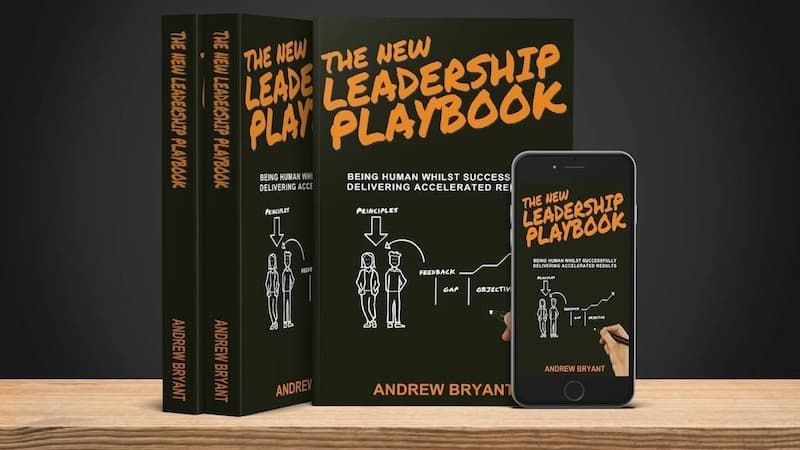6-Strategies for Performance and Development Conversations

As a people manager, your most important and impactful activities are the conversations you have with your staff about how they are doing and how they can develop themselves. With this level of importance, it is therefore surprising that so many of these conversations can end up leaving both parties unsatisfied.
Prior Planning Prevents Poor Performance, is a maxim I’m sure you've heard; well in the case of scheduled performance and development conversations, this is very true. So how and what to plan?
1. Behaviors Matter
When a human mind has a clear goal and feels motivated to achieve that goal, it rewards behaviors that move it towards that goal with little hits of the ‘feel good’ chemical, dopamine. In addition, when behaviors that move us towards a goal are recognized and acknowledged, we feel more motivated and are likely to increase our efforts.
This realization of human psychology means that before a conversation with a staff member, you must be clear about what goal or goals were set and what behaviors the staff member has been engaged in. If their behaviors are resulting in goal achievement, closing the gap toward the goal, or missing the target.
Unlike values, which are inferred, behaviors are observable and so make sure you have clear examples of what your staff member has been doing or not doing, prior to the conversation.
2. Unconditional Positive Regard
In addition to preparing your observations, you should also prepare your mindset. A negative or positive bias by a manager has been shown to significantly impact future performance.
Unconditional positive regard (UPR), a concept developed by the humanistic psychologist Carl Rogers, is the essential acceptance and support of a person regardless of what the person says or does. Whilst this mindset was developed for therapy, it is extremely powerful in development conversations.
UPR means that you respect each person as a human being with the agency to choose how to respond to their situation (Self-leadership) and that no matter how they are currently performing, they can choose to improve.
3. Start with Questions
The majority of people have a fairly accurate perception of how they are doing relative to a goal, and if they don’t, you need to know that. Starting with a simple question like, “how do you think you are progressing towards your goal/targets?” will open up the conversation and let you get an idea of their perceptions.
4. Give Effective Feedback – Not Criticism
Effective feedback allows us to confirm behaviors that are working and adjust those that are not. Using the formula Fact, Impact, Future. will enable you to establish the Facts of a situation, invite your staff to consider the Impact of their behaviors, and choose to make any required behavioral adjustments in the Future.
5. Co-Create Future Targets
It’s a fact that people are more motivated to achieve goals that they set for themselves or have buy-in to; so, it’s smart to ask your staff. “what a stretch-goal would be for them in the coming year or quarter?”.
You may need to encourage the stretch or add direction to the goal but always ensure UPR and buy-in.
Talk about specific behaviors the individual will engage in to reach these goals and offer support and accountability to achieve them.
6. Be a People Leader
As a manager, you are likely unconsciously biased towards your staff performance so that you reach your objectives, but as a People Leader, your attention should also be on what these people want to achieve in their career that may not directly benefit you at all.
Show genuine interest in what aspirations your staff members have and actively support them in developing their abilities. Who can you connect them with?
Be the sort of person that creates a positive impact, and you will not just perform, but you will leave a legacy.
The New Leadership Playbook
Now there is a practical handbook for all the performance and development conversations you need to have. The New Leadership Playbook by Motivational Speaker, and Leadership Coach, Andrew Bryant is a must-read, to become an effective people leader.
GET A FREE CHAPTER
THE NEW LEADERSHIP PLAYBOOK
BEING HUMAN WHILST DELIVERING ACCELERATED RESULTS




